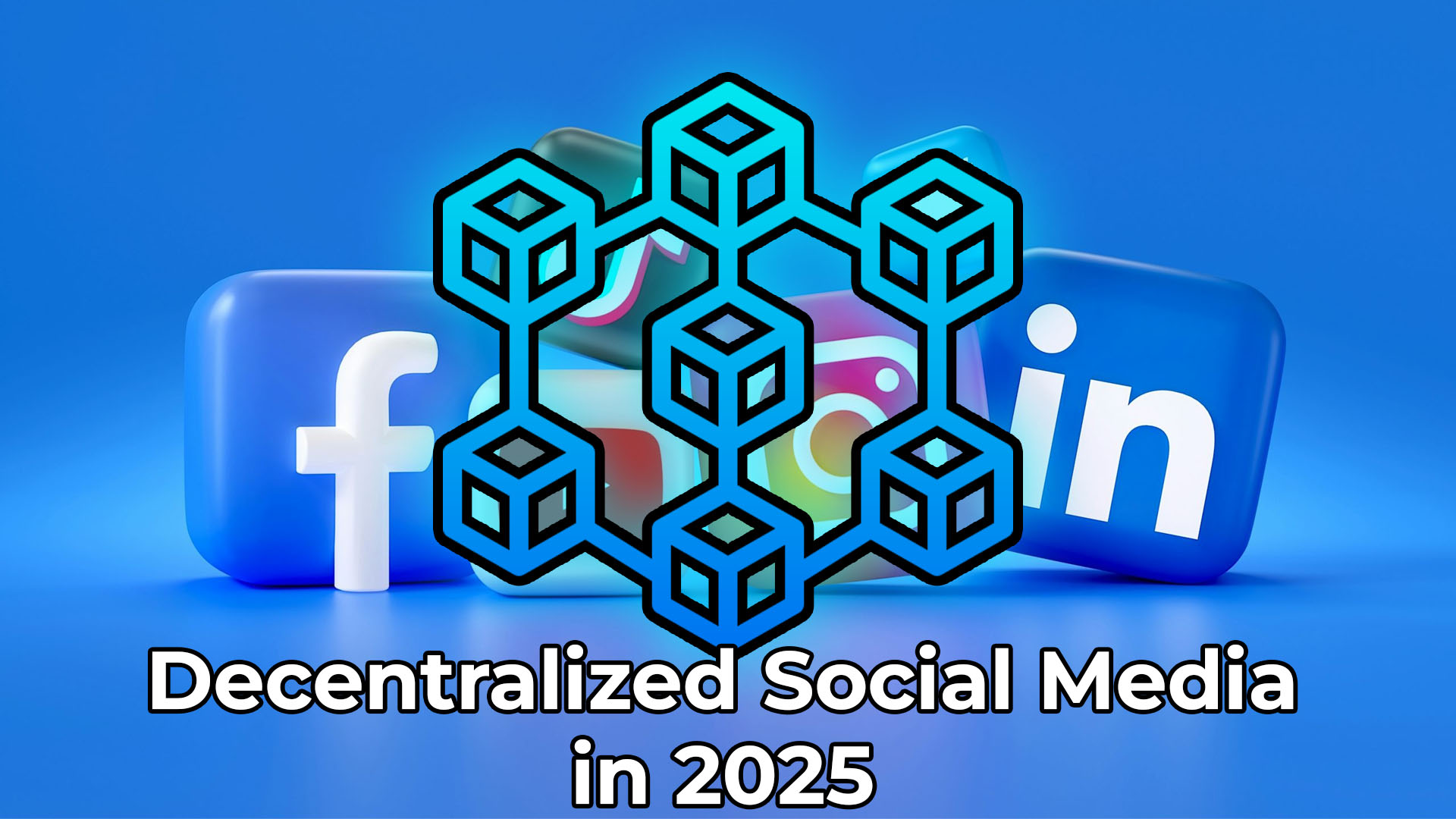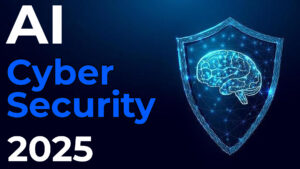In 2025, the debate around digital privacy and algorithmic control has reached a boiling point, prompting a new question: can blockchain social media platforms provide the solution? With centralized networks facing backlash over data misuse, censorship, and profit-driven algorithms, decentralized platforms powered by blockchain are emerging as viable alternatives.
What Is Blockchain Social Media?
Blockchain social media refers to social platforms built on decentralized blockchain infrastructure. Unlike traditional apps like Facebook or Instagram, these platforms store data across distributed nodes, giving users more:
- Control over their data
- Ownership of content
- Freedom from centralized moderation
- Transparency in algorithms and ad models
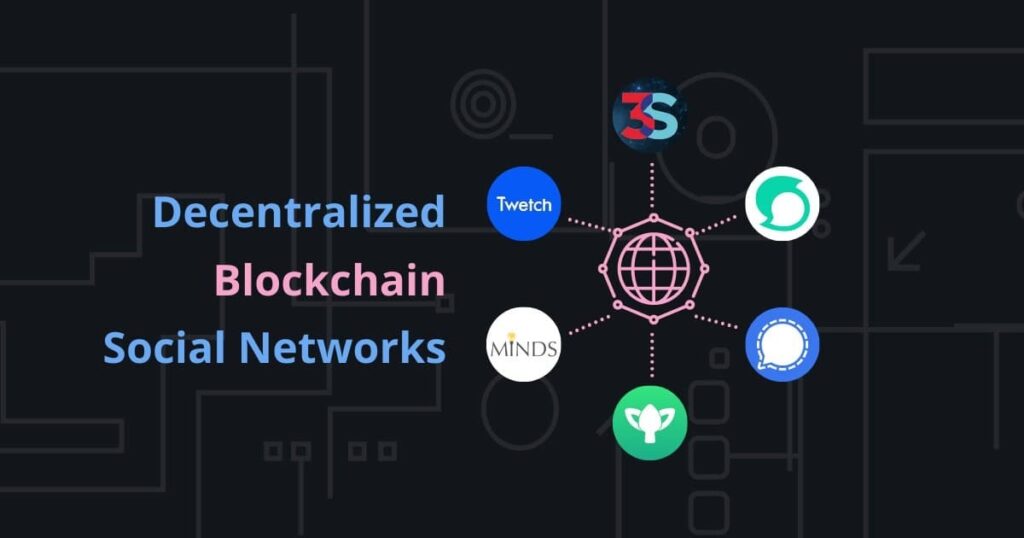
Why Centralized Social Media Is Under Fire
Mainstream social networks have come under intense criticism in recent years for:
- Selling user data to third parties
- Algorithmic echo chambers and manipulation
- Content censorship or biased moderation
- Lack of transparency in ad targeting
In contrast, blockchain social media platforms allow users to own their data, engage in peer-to-peer interactions, and even earn cryptocurrency for content contributions.
Top Decentralized Social Media Platforms in 2025
1. Lens Protocol
Built on Polygon, Lens Protocol lets users control their profiles, followers, and content across dApps (decentralized apps).
2. Mastodon (Federated Model)
While not entirely blockchain-based, it operates on decentralized servers that users can join freely.
3. Farcaster
A permissionless protocol where users and developers can build social experiences using smart contracts.
4. DeSo (Decentralized Social)
A blockchain built specifically to power scalable social apps, enabling NFTs, creator coins, and decentralized moderation.
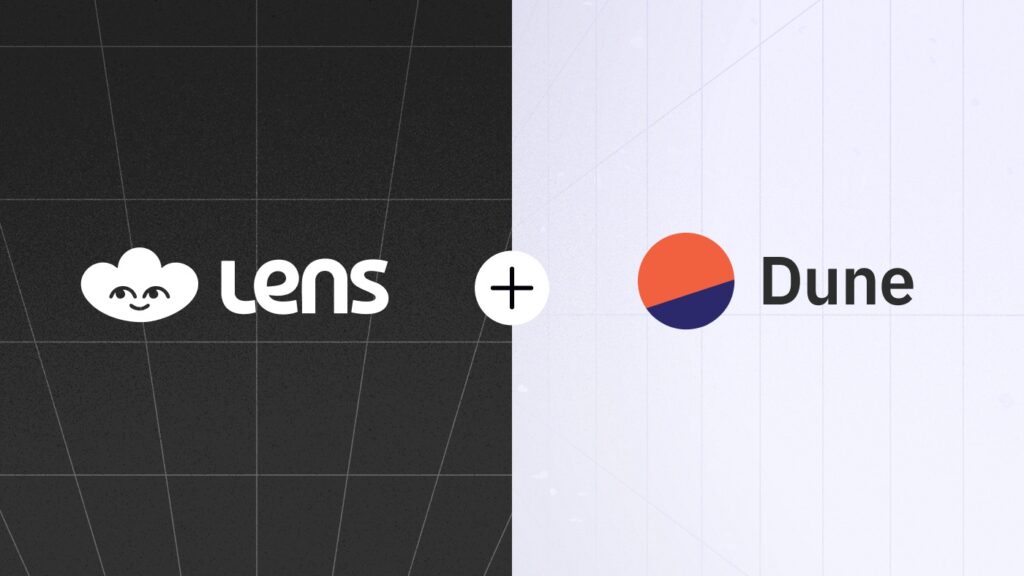
Benefits of Blockchain in Social Media
The shift to blockchain-based platforms brings several key advantages:
- 🔒 Privacy First: No centralized authority to mine or sell your data
- 🌐 True Decentralization: Platforms aren’t controlled by single companies
- 💰 Token Incentives: Users can earn crypto for engagement and content
- 🧾 Transparent Governance: Protocol rules are public and often voted on
- 🛠️ Developer Friendly: Open source models allow for greater innovation
The Challenges of Blockchain Social Media
While promising, these platforms face real obstacles:
- Scalability: Blockchain networks are still slower than centralized systems
- User Experience: Onboarding is complex for non-crypto users
- Moderation: Decentralized platforms risk hosting harmful content
- Monetization Models: Many are still unproven or underdeveloped
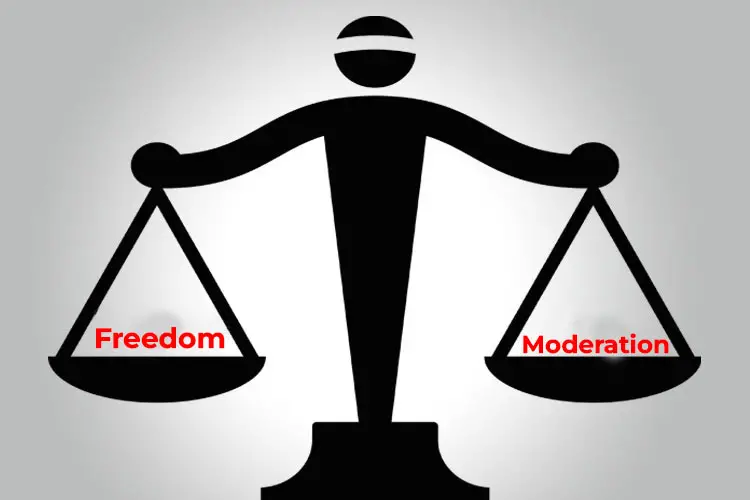
Are Users Ready to Make the Switch?
Despite hurdles, interest in blockchain social media is growing. Privacy scandals, political interference, and distrust in Big Tech are pushing users toward platforms that value transparency and control. Early adopters, especially in tech-forward communities, are already migrating.
Some developers envision hybrid models, where traditional platforms incorporate decentralized elements (like data vaults or identity management) to give users more control while maintaining usability.
Conclusion: Can Blockchain Save Social Media?
The future of social media may not lie in tearing down giants like Meta or X overnight, but rather in building parallel decentralized ecosystems where users own their content and identity. The rise of blockchain social media in 2025 is reshaping how we think about online communities—offering more freedom, privacy, and power to the people.
Whether it becomes the new norm or a powerful alternative, one thing is clear: the centralized status quo is being challenged.
Want to chat? Contact us here!

